Freetown – 14 December 2020 – The Ministry of Health and Sanitation wishes to inform the general public that preliminary results from the investigations of children manifesting weakness of the limbs, referred to as ‘Acute Flaccid Paralysis’ (AFP) have led to the isolation of poliovirus type 2 from three cases of AFP in Kambia, Tonkolili and Western Area Rural respectively.
Stool samples are routinely collected from children manifesting weakness of the limbs and tested in the laboratory to determine the cause and possible origin. Hence, routine samples collected in this process, including from a 26 months old child that took ill with symptoms of Acute Flaccid Paralysis (AFP) in Kambia were analyzed at the Regional lab in Abidjan and isolated – Poliovirus type 2 (PV2).
Further advanced investigations of the isolated samples are underway at the National Institute of Communicable Diseases (NICD) in Johannesburg, South Africa for verification of the initial results, determine their source and origin, to determine if they are the cause of the paralysis in the three identified children, and to assess if they pose any public health threat, as required by the World Health Organization.
“Further laboratory investigations are going on to determine the type of poliovirus we might be dealing with. However, active case finding for any potential AFP cases in the country is continuing, and additional surveillance measures and community actions are ongoing” says Prof. Alpha T. Wurie, Minister of Health and Sanitation.
The Ministry of Health and Sanitation wishes to urge parents and care givers to ensure that all children under 5 years receive all their immunizations to protect them against vaccine preventable diseases including polio.
Sierra Leone, as part of the global polio eradication efforts, continues to strengthen its routine immunization levels and disease surveillance, in order to minimise the risk and consequences of any potential polio re-introduction or re-emergence. Sierra Leone has not reported any confirmed polio case since 2010.
Preliminary polio outbreak response actions as required by the International Health Regulations are being instituted by the Sierra Leone health authorities with support from partners. The MoHS has convened emergency meetings at the national level and the affected districts to review the events. Meanwhile, a national Rapid Response Team including MoHS, WHO and AFENET has been deployed to commence in-depth investigations in the affected communities.
Discussions are also underway for possible emergency Supplemental Immunization Activities (SIAs) should the Johannesburg results confirm Poliovirus Type 2.
“The ongoing investigation of the polioviruses that have been isolated is of significant interest and importance to Sierra Leone and the global polio eradication efforts. Hence the World Health Organization would ensure that we provide the strongest technical support to the government of Sierra Leone to fully implement the necessary public health measures”, says Dr Steven Shongwe, WHO Country Representative in Sierra Leone. “We are however pleased that a functional public health surveillance system that this country has built was able to identify these isolates in time to initiate appropriate action”, he added.
Polio is a highly infectious viral disease. The virus, which mainly affects children under five, attacks the brain and spinal cord and can cause total paralysis in the limbs within days of infection and can cause permanent disability and even death.
The virus is transmitted from person-to-person mainly through the faecal-oral route, or less frequently through food or water that is contaminated with the virus. Once the virus has entered the body, usually through the mouth, it multiplies in the throat and intestines, and can also enter the bloodstream and spread to the nervous system. Although children are more likely to catch polio, adults – who may carry the virus without displaying symptoms – can help to spread it. Environmental factors including poor sanitation also help spread the virus.
Whilst the MoHS and partners are working to establish the facts about the unfolding events, the Ministry remains committed to prevent and respond to all public health threats to safeguard the health and wellbeing of citizens and residents in Sierra Leone
For more information, please contact:
At the Ministry of Health and Sanitation:
Harold Thomas – Risk Communications Lead/Health Education Manager
Ministry of Health and Sanitation
Email: haroldthomas2007 [at] yahoo.com
Phone: +232 76 60 24 60
At the World Health Organization:
Saffea Gborie – Communications Officer
World Health Organization, Sierra Leone
Email: gboriesa [at] who.int
Phone: +232 76 77 78 78

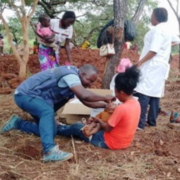
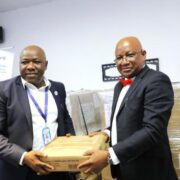
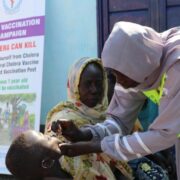

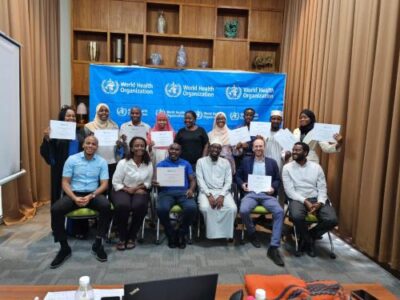


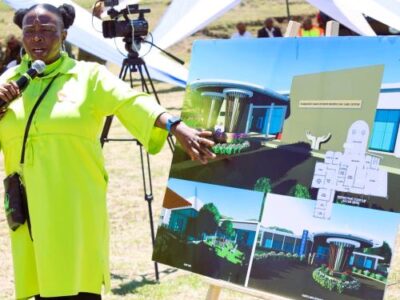

Comments